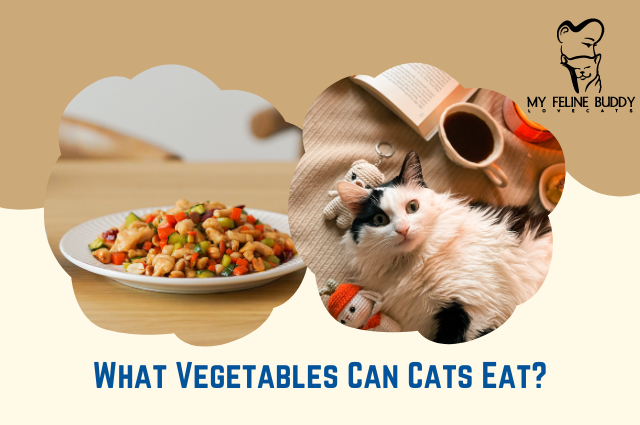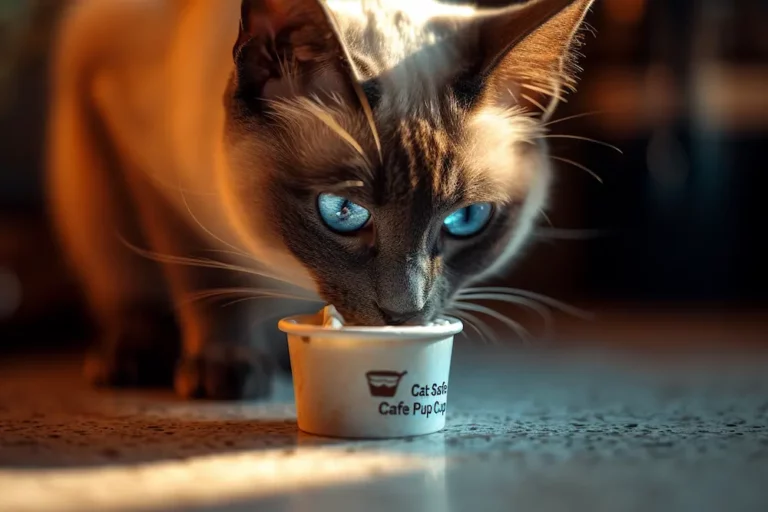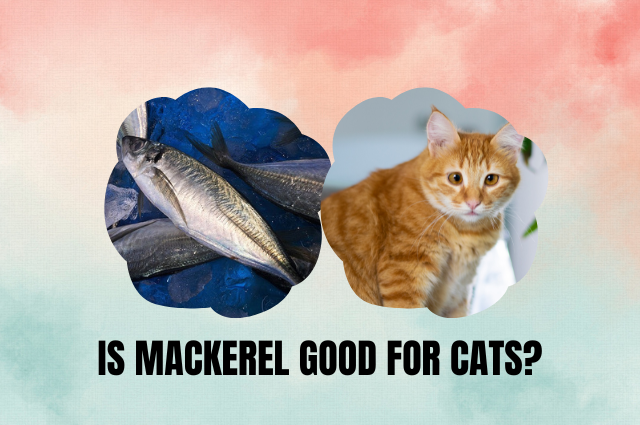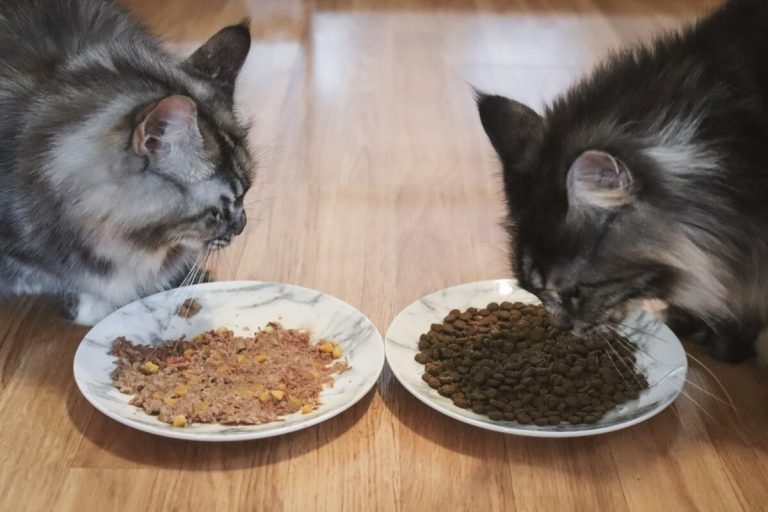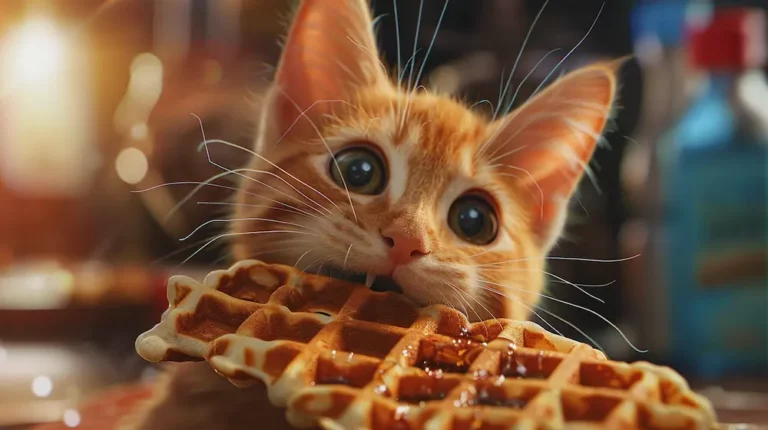Why Does My Cat Always Act Like They're Hungry?
Have you ever wondered why your
From their natural hunting instincts to potential nutritional deficiencies, your kitty’s behavior offers clues.
Medical conditions like hyperthyroidism or diabetes might also play a part.
Additionally, behavioral factors such as boredom or lack of stimulation can drive them to seek food constantly. Understanding these various elements can help you address your
Curious about how to decode your furry companion’s hunger signals? Let’s explore these possibilities further.
Natural Hunting Instincts
Cats often act hungry because their natural hunting instincts drive them to seek out food constantly. In the wild, cats are solitary hunters who rely on their skills to catch multiple small prey throughout the day.
This instinct hasn’t disappeared just because your
When your
Your
Even though they mightn’t need to catch their food anymore, the drive remains strong.
This can make them appear persistently hungry, as they’re always in a state of readiness to find food.
Additionally, their heightened senses of smell and hearing make them aware of any potential food sources around the house, which can trigger their hunting instincts.
Understanding this behavior can help you manage your
Offering small, frequent meals or using puzzle feeders can engage their instincts in a healthy way, keeping them mentally and physically stimulated.
Nutritional Deficiencies
Your
When a
Cats require a balanced diet rich in proteins, fats, vitamins, and minerals to maintain their health and energy levels.
If their food doesn’t provide these nutrients, their bodies may signal hunger as a way to guarantee.
Start by checking the quality of your
Commercial
You can also consult with your veterinarian to make sure your
Pay attention to portion sizes and feeding schedules as well.
Overfeeding or irregular meal times can disrupt their natural hunger signals. Feeding them smaller, more frequent meals can help regulate their appetite.
Additionally, make sure they’re getting enough fresh water, as dehydration can sometimes be mistaken for hunger.
Medical Conditions
In some cases, persistent hunger can be a symptom of underlying medical conditions that require a veterinarian’s attention.
One common issue is hyperthyroidism, where an overactive thyroid gland speeds up your
Diabetes is another condition that warrants attention; it affects how your
Intestinal parasites, such as worms, can also make your
These parasites consume the nutrients your
Additionally, gastrointestinal diseases might interfere with nutrient absorption, prompting your
Kidney disease is another potential culprit.
Cats with kidney issues often experience changes in appetite, which can include increased hunger.
Monitoring any other symptoms, such as increased thirst or changes in urination habits, is crucial.
If you notice your
Early diagnosis and treatment can make a significant difference in managing these conditions and improving your
Behavioral Factors
Apart from medical conditions, psychological and environmental factors can also drive a
Cats are creatures of habit, and any disruption to their routine can make them anxious or stressed.
This stress might manifest as increased begging or a constant search for food.
If you’ve recently moved, added a new pet, or changed your
Boredom is another common factor.
Cats need mental and physical stimulation. Without it, they might turn to food as a source of entertainment.
Interactive toys, puzzle feeders, and regular playtime can help divert their attention from the food bowl.
Additionally, some cats learn that begging results in treats or extra meals.
If you’ve ever given in to those pleading eyes, your
Be mindful of this behavior and try to stick to a consistent feeding schedule.
Lastly, some cats have a naturally higher prey drive and might crave the satisfaction of frequent hunting. Simulating hunting activities through play can help fulfill this instinctual need.
Feeding Habits
Establishing consistent feeding habits is crucial for managing a
By feeding your
Start by portioning out their food appropriately, based on their age, weight, and activity level.
It’s tempting to give in to those pleading eyes, but sticking to set meal times can promote better eating habits.
You might also consider dividing their daily food allowance into smaller, more frequent meals.
This can help keep your
Using a timed feeder can be a great way to manage this, ensuring they get meals even when you’re not home.
Additionally, make sure their diet is nutritionally balanced.
Sometimes, a
Consult your veterinarian to make sure you’re providing high-quality food that meets all their dietary requirements.
Conclusion
To understand why your
Also, address behavioral factors by providing mental and physical enrichment. By establishing consistent feeding habits and keeping an eye on their overall well-being, you can help manage your
Remember, a happy and healthy

